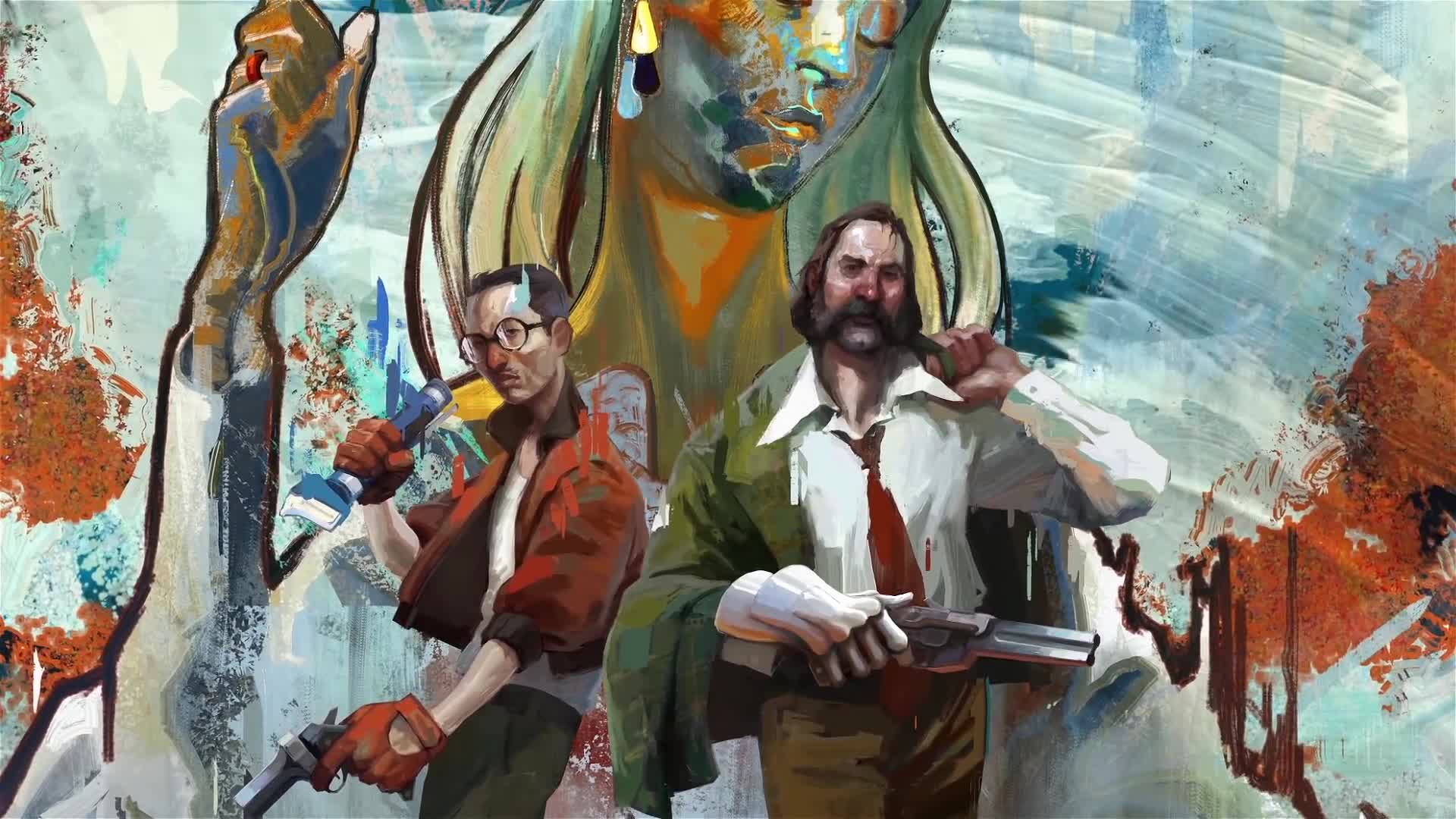Disco Elysium Diaspora: Charting New RPGs from ZA/UM Split
Last Updated: October 21, 2025

The legacy of Disco Elysium is one of lightning in a bottle—a revolutionary RPG that redefined narrative choice and internal monologue. But the story behind its creation is as complex and fraught as its in-game world. Following a controversial and public split at developer ZA/UM that saw the departure of key creative leads, the immense talent behind the masterpiece has scattered. This "diaspora" has given rise to a fascinating and diverse ecosystem of new studios and projects, each carrying a fragment of the creative DNA that made Disco Elysium a landmark title. For fans, this means the spirit of the original is no longer tied to one game, but evolving across multiple exciting new frontiers.
The Heirs Apparent: NIGHTSHIFT and Cinder & Snow
Among the most anticipated ventures are those from studios composed of a significant number of former ZA/UM developers. The French studio Un Je Ne Sais Quoi, founded in partnership with Sandfall Interactive, is home to several Disco Elysium alumni, including lead writer Helen Hindpere. Their debut project, NIGHTSHIFT, is a narrative RPG set in the modern day, steeped in mystery and supernatural elements. Early concept art reveals a painterly, gorgeous aesthetic that immediately evokes the striking visual identity of Disco Elysium, promising a deep, atmospheric experience focused on character and storytelling. This project is perhaps the closest in spirit to what many fans hoped a direct successor might feel like.
Another group of ex-ZA/UM talent has formed the studio Dark Picturesque, and they are crafting a mystery RPG titled Cinder & Snow. Described as a story set in a "snowy, isolated, and dangerous location," the premise immediately draws parallels to a high-stakes detective story, reminiscent of a classic noir thriller transposed to a desolate landscape. While its gameplay perspective and mechanics are still under wraps, its thematic focus on a focused, atmospheric investigation has captured the attention of those who cherished the detective elements and oppressive setting of Martinaise.
The Original Architects: The Mystery of Tõnuva
Crucially, the original creative forces behind Disco Elysium—writer/designer Robert Kurvitz and art director Aleksander Rostov—are charting their own enigmatic course. After their involuntary departure from ZA/UM, they founded a new studio named Tõnuva. The name itself is a deep cut for lore enthusiasts, taken from a character in Kurvitz's novel Sacred and Terrible Air, the book that established the world of Elysium long before the game existed.
Details on Tõnuva's project are exceptionally scarce, adding to its mystique. Speculation is rampant that they are developing a new title set within the Elysium universe, potentially an adaptation of or sequel to Sacred and Terrible Air. The involvement of the two primary architects of Disco Elysium's world, narrative, and aesthetic makes their venture the most direct continuation of the original vision. Their proven mastery of profound world-building and character depth means that whatever they produce will be a significant event in narrative gaming.
The Old Guard: The Troubled Future of ZA/UM
Meanwhile, the original studio, ZA/UM, faces a much more uncertain future. In the wake of the legal disputes and the departure of its foundational talent, the studio has been plagued by instability. Reports emerged in early 2024 of significant layoffs and the cancellation of its next major project, a standalone Disco Elysium expansion or sequel reportedly codenamed "X7" or "Pioneer One." With the core creative team gone and its next title seemingly shelved, the studio that gave the world Disco Elysium is now in a state of limbo, its ability to produce a worthy follow-up now a matter of serious doubt.
Navigating a New Landscape of Expectations
For players and critics, this fragmented landscape of Disco Elysium-adjacent projects is both a blessing and a challenge. The label "from the creators of Disco Elysium" is a powerful marketing tool, but it is also a double-edged sword, inviting direct comparisons that could overshadow each new game's unique identity. Projects like NIGHTSHIFT and Cinder & Snow carry the weight of immense expectation, while Tõnuva's secretive development builds an almost mythical level of anticipation.
Ultimately, the fracturing of the original team, while born from conflict, has inadvertently seeded the industry with immense creative potential. Instead of one sequel, fans now have multiple distinct visions to look forward to, each exploring different facets of what made the original so special—be it the art style, the detective mechanics, or the deeply philosophical world-building. The spirit of Disco Elysium is not lost; it has multiplied, promising a rich and unpredictable future for narrative RPGs.